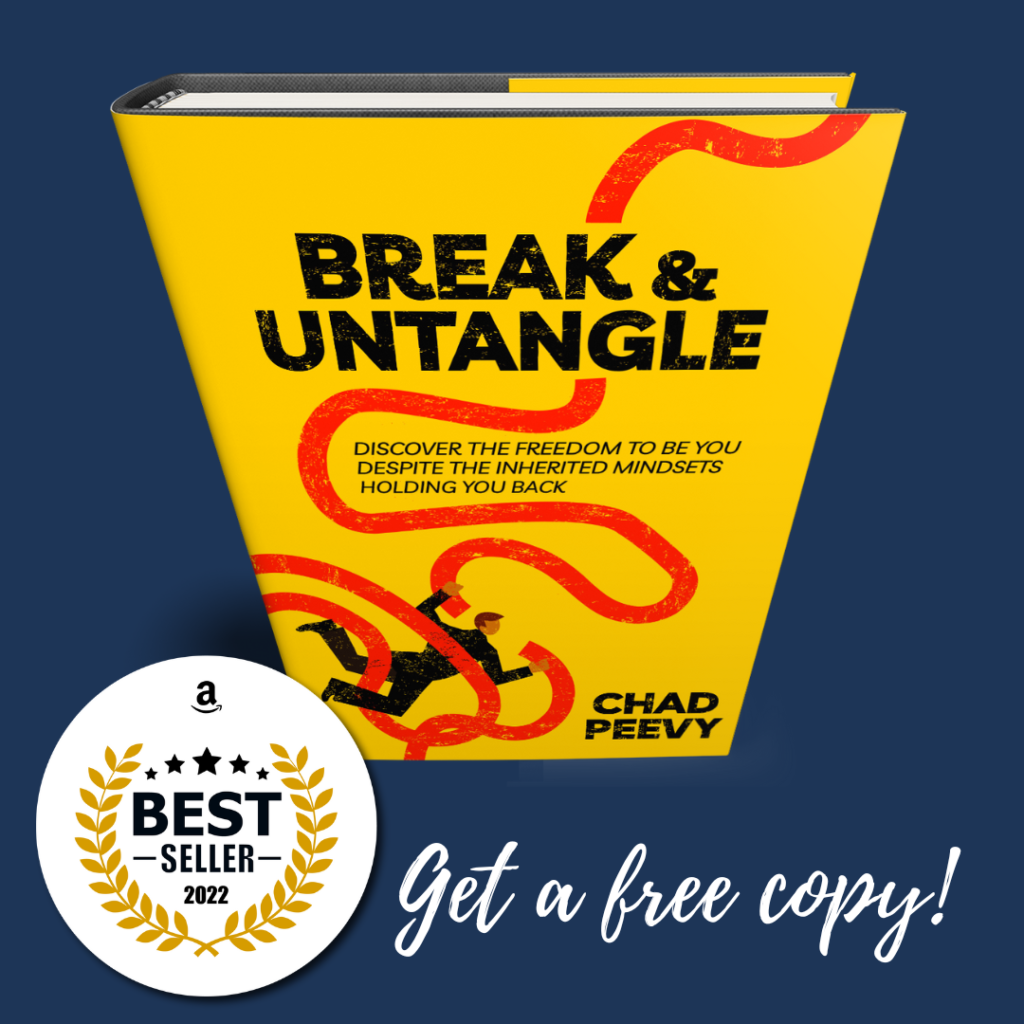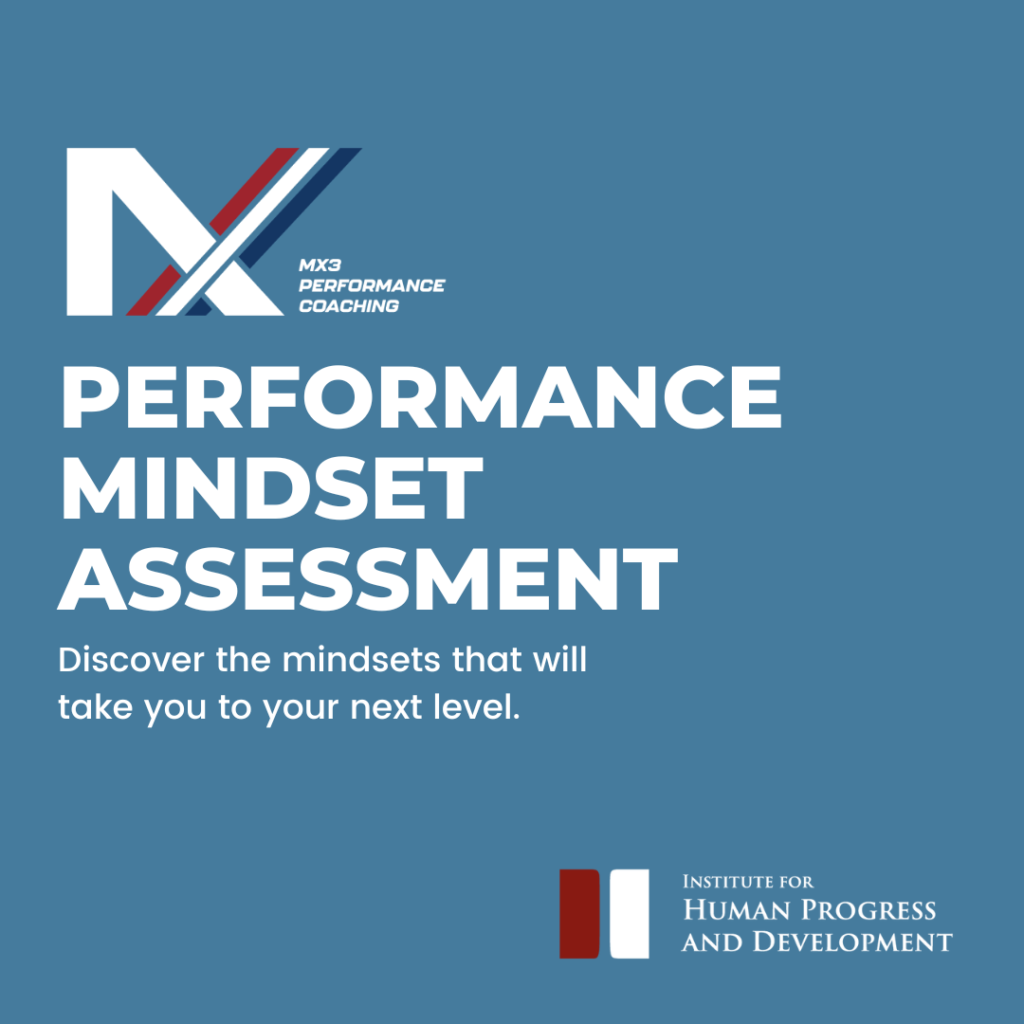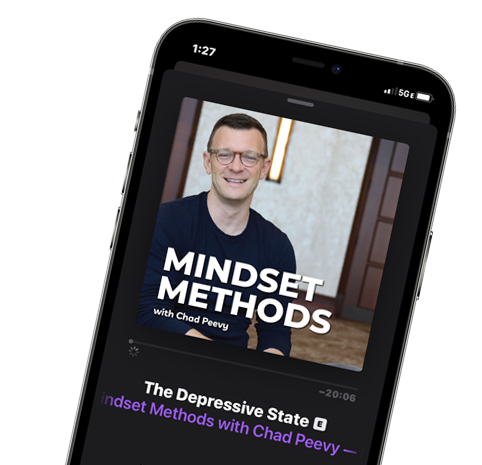This is not a “get-rich-quick” podcast. It is a podcast about your relationship with money. Whether you have a lot or have a little, we all have a relationship with money.
- Why aren’t you making more money?
- Why can’t you seem to get ahead?
- Why does money go as quickly as it comes?
You money mindset holds the key to your financial success or struggle. Once you understand the programming that has lead to your current money mindset, you can begin to reprogram your thinking around money in a way that will support your growth.
Pasha had just earned his doctorate in violin performance at the University of Texas – wrapping up 9 years of higher education.
In the early days of his private studio, Pasha couldn’t keep more than 2 students at a time. As soon as he would get a third student, one of the original 2 would leave. He had a hard time building up enough students to create any kind of reliable income. So in addition to teaching, he was playing weddings, subbing with the symphony, doing whatever he could to earn a living playing violin.
I was just finishing up with Austin Pride. Along with my founding board members, I had started the Austin Pride Foundation. The parade, the festival, the 5k run, the interfaith service, the block party, the concerts, the big-gay garage sale, all in my rear-view mirror. I was also just finishing up my term as president of the Austin Gay and Lesbian Chamber of Commerce.
Overall during this time of my life, I was tired, but I thought I was doing ok for myself.
I didn’t know it then, but this thing called a recession was about to catch up to the Austin economy and turn my world upside down. It had already hit other parts of the country, but I was too young, too inexperienced in business, and simply distracted by all the volunteer work I was doing to realize what was going on.
At the time, my business was in the real estate industry. People stopped buying houses, real estate agents couldn’t afford their own bills, and they certainly didn’t have the money to pay for my services.
Then my car was repossessed.
I can laugh about it now, but it sure as hell wasn’t funny when it happened. I walked out to the parking lot and kept thinking, where in the world did I park my car?
I believe I had 5 employees at the time. I was responsible for their livelihoods and my own.
The shame of letting people go because I no longer had the money to pay them was humiliating and devastating. I felt bad for them, I felt bad for myself, I just felt bad, really bad.
This is what our lives were like when Pasha and I first got together, two complete messes fumbling our way through life, in economic circumstances that were foreign to us.
One morning that Pasha looked at me and said, “Babe, we have .23 cents in the bank”
Let’s be clear, he was talking about his account, mine was probably in the negative.
During those days we ate a lot of Progresso soup with American cheese singles and saltine crackers. And when I say a lot, I mean sometimes twice a day. For 2 people that don’t cook, that was the cheapest and most filling meal that we could come up with.
There were a lot of people suffering during the Great Recession. Pasha and I both acknowledge that during that time we were fortunate that we had a roof over our head – many people lost theirs.
**
This is Chad Peevy, thank you for listening to my podcast!
In today’s podcast I want to talk to you about money mindset.
This isn’t a “get-rich” quick secret that I’m about to reveal to you.
This is not a podcast where I’m going to tell you some secret inside stock information.
I don’t have any.
But what I’m going to share with you today could very well change your life. What I’m going to share with you certainly changed mine and Pasha’s lives.
Money doesn’t determine your value, it’s a medium through which you can express your values. Money allows you to create the life you want for you and your family, it allows you to support the people and causes that you care about.
Money isn’t about self-worth, it’s about self-expression.
Today’s podcast isn’t about having more or less or getting rich or staying rich. It’s simply about our relationship with money.
No matter how much money you have, or don’t, we all have a relationship with money. There’s just no avoiding in our society. So I think it’s worth us exploring.
**
In the last 8 years, the circumstances of mine and Pasha’s lives have changed dramatically.
We’re fortunate to live in a luxury condo, drive a luxury car, take luxury vacations. In those 8 years that have passed from when Pasha was unable to build a private studio and me losing my business, we have each created multiple 6-figure incomes for several consecutive years.
We aren’t super-rich by any means, but we are light-years away from where we were.
STOP
When I just told you about Pasha’s and my current financial situation, you had a reaction to me. You made a judgement – good or bad or indifferent.
You could have said to yourself something like…
What a bragger or
I can’t believe he just shared that or
Good for them, I’m so happy for them
Could have been these or any number of reactions that you might have had.
I really don’t care what it was, because your reaction isn’t about me, it was all about you and your relationship with money. So I want you to be brutally honest with yourself about what thoughts my statement brought up for you.
Whatever that reaction was, I would like for you to take note of it. If you’re in a place where you can pause this podcast and journal what you felt, that’s even better.
What did you feel in your body and what did you say in your mind when I told you that I live in a luxury condo, drive a luxury car, take luxury vacations, and that both Pasha and I have created multiple 6-figure incomes for ourselves.
Your reaction is important and something we’ll explore more as we get deeper into this conversation. But for now, just note what that reaction was and record it if you’re in a place where you can.
**
Pasha and I were at a mexican restaurant with a couple of friends. We had shared with them some of the story I shared with you at the beginning of this podcast.
Our friend looks at me and says, “so tell me, what turned things around for you? How did you go from where you were to where you are now?”
Without putting any thought into the answer I said, “We just worked really hard”
I had no idea when I said it, just how offensive that answer is.
She shot back at me as she should’ve… “Well Chad, a lot of people work really hard.”
It was from that conversation that I began to really think about what it was that changed things for me and Pasha.
I didn’t get a new job.
I didn’t inherit any money.
I didn’t win the lottery.
I do work hard, but she’s right, a lot of people work really hard, harder than me.
So what was it?
**
The search for that answer wound up being one of the 12 pillars of the coaching program I wrote.
My program is called “Next Level Coaching” and it’s a curriculum that I train life and business coaches to use in their coaching practices with their clients. Coaches come to Austin to spend 5 days with me learning the curriculum and then they go back home and use it to help their clients reach their next level.
My curriculum was inspired by this idea introduced by a Holocaust Survivor and author Victor Frankl. In his book “Man’s Search for Meaning,” he defines logotherapy as this idea that man’s primary motivating force in life is to find meaning, no matter the circumstances in which he finds himself.
When I think about finding, searching, or seeking, I get a visual in my head of a gap that exist. A gap between where I am and where I want to be.
When I wrote my coaching program, I wanted to explore that gap. I needed to make sense of it, it wasn’t enough just to know it exists, I wanted to put steps in place to guide me on that search for meaning in life.
I wanted to answer my friend’s question, what was it that took me from where I was to where I am? And what will take me from where I am to where I want to go.
And so based on my own journey and my research, I outlined 12 core pillars that I believe help us begin to find that meaning and bridge that gap.
And in the context of coaching, that means reaching our next level or higher understanding of ourselves and our place in the world.
One of those 12 pillars is our relationship with money, a section in my program that I call “Money Mindset”
**
Money itself is neither good or bad. Money is a tool.
Money is no more than fancy paper, a piece of metal, or a blip on a computer screen. You could say the same about a roll of toilet paper, a key, and a cat video.
But to be something that is so worthless, we give money an awful lot of value.
We allow money to play an overwhelming factor in where we live, who we marry, how many kids to have or to have kids at all, the way we eat, the way we spend our time, our education, what we do for a living, even how we allow people to treat us – all of these things can be traced back to the value and ultimately the relationship we have with money.
Money only has the power that we give it. And we give it a lot of power.
That being said, short a massive revolution or zombie apocalypse, there’s really no escaping the important role that money plays in our lives.
Whether you have a little or have a lot. Whether it is something that you want more of or feel like you have too much of, money is an inescapable part of all of our lives. Which is why we need to have as healthy a relationship with it as we can.
And just like we have to learn how to think about and put into practice a healthy lifestyle so that we don’t become obese or fall to disease, we also have to learn how to think about and put healthy habits into practice around money.
**
What we think, we become. It’s true for money too. For some of you, this is about to get real woo-woo, but just stick with me, you’re already in it this far, you might as well.
There’s a reason that when I finish my mediation practice in the morning, I do my compassion mantra for myself and others and finally I say to myself many times over, money comes to me quickly and easily, I am a money magnet.
We, our minds, have incredible power. When you imagine that you’re always sick or always broke or always getting the blame or always a day late and a dollar short, well guess what. You will be, I promise. And I bet you have an easy time accepting that truth right? You can shake your head and say, yeah, that’s the truth, I know that’s right.
If you can accept that, then isn’t it also within reason that the same would be true if you said, clients always pay on time, I always have enough, I get paid what I’m worth, I always feel good, I have a really great life.
Why is it when you hear that you, say, “egh, maybe.” Peevy is so woo-woo sometimes, why am I listening to this?
Part of dealing with depression and anxiety for me is that when I’m down, I’ll catastrophize. I’ll anticipate negative events, I’ll dread checking my email because I know something horrible is waiting for me in there, I’ll tell myself that that client is going to cancel and guess what….it all comes true.
When I do what I know I’m supposed to do, when I meditate, when I do my affirmations, when I tell myself that good things are happening, when I tell myself that money comes quickly and easily and I am a money magnet, guess what happens? It all comes true.
There is a cynic or two listening saying that this has to be bullshit because you can’t just think your way into being rich. And they are …kinda right.
I can say, “money comes quickly and easily and I am a money magnet” because I’ve done the work to support that outcome. I’ve laid the foundation.
Chances are you too have laid that foundation, or are working on it now. Whether it’s by owning your own business, or delivering value to someone else’s.
I know this works because I’ve done it again and again and again. You have to prepare yourself so that when the opportunity or miracle arrives, you’re ready.
The only thing limiting my income, the only thing limiting your income, is our money mindset.
The programming of your past, and the story you are telling yourself today about your financial circumstances are being made manifest. They are made manifest by your mindset.
Now, where did that programming or money mindset come from?
**
All of us have a narrative about money that we’ve told ourselves. Just like we’ve talked about in other podcasts, we’re always learning, there are stories that we are told or we tell ourselves that we adopt without ever questioning them.
We’re always learning about money too. Whether it’s formally or from observation, our narrative around money is always being written and the writing began when we were just kids.
**
When I was a kid, money wasn’t something we talked about in our family. We were a lower middle-class family in rural Arkansas, we didn’t have a lot, but we weren’t worried about where our next meal would come from either – if that worry existed, my brother and I never knew about it.
My parents both worked, they both had regular W-2 jobs, the kind where they got a paycheck every 2 weeks.
My dad had a jar above the refrigerator where he kept his paystubs. That jar was off limits to me. So was his wallet.
My parents didn’t have a credit card until I was in high school so he kept cash in his wallet, which was typically sitting in the kitchen. Sitting there, within reach, but off limits.
It was off limits in the sense that I wasn’t allowed to touch it, but also off limits in that he never gave me money either.
Any money I might have needed as a kid came from my mother. Lunch money, field trip money, school yearbooks, money to go to the city pool, money for an extra milk at school – always came from my mom.
My experience growing up was that my mom provided for me and my brother, she took care of us, that’s where I saw her money go.
I experienced my dad very differently, I saw my dad buying himself boats and hunting and fishing gear, toys for boys basically.
Now I admit, I have no idea how they actually managed their money. That’s not important – what’s important is how I saw and experienced their money in relation to me.
What did this experience with money teach me?
I own my own business, which puts me in the position quite often to ask for the sale, to ask for money in exchange for services. It was by working through my own money story that I realized that I asked men for the sale, quite differently than I asked women.
I wanted men to work with me, I have many male clients, but I had a harder time asking them for the sale, sometimes even working really hard to impress and make them happy before asking for money for my services.
With women, I had no problem and no hesitation asking for the sale.
When I began to do my own money mindset work I realized that without knowing it, the way my parents handled money with us kids had taught me that money comes from women, not men.
When I wrote my money story I began to connect the dots between my memories about money and how those aligned with my attitude, behavior and habits around money. This was just one chapter in my money story, and as I hope you’ll see for yourself, there are many.
**
Remember earlier when I asked you to write down the reaction you had to me telling you that I have a luxury condo, luxury car and take luxury vacations? Your reaction was part of your money story.
By doing the work of writing your money story, you too will begin to connect those dots of your memories about money with your attitude, behavior and habits with money today.
And when you do, you’ll begin to understand why you pay your bills late, why you avoid your student loans, why you don’t ask for what you’re worth, why you can never seem to get ahead, why you never spend any money on yourself, why you don’t give to charity, why money seems to go out as quickly as it comes in, why you always seem to only have just enough.
The answers to these questions and more will be discovered in your money story.
You may find that you are carrying around shame, embarrassment, holding a grudge, modeling bad behavior, or just believing things that simply aren’t true for you anymore.
When I do live training with big groups, there is an exercise that I almost always do with them called writing your money story. It’s a transformational exercise that I would like to give you the opportunity to do and if you’ll let me, I would like to guide you through the process.
To get started, go to ChadPeevy.com/money
You’ll find a registration page there for a free guided exercise to write your own money story.
This is my gift to you. I’m giving it to you in hopes that by writing your own money story you will begin to see once again how your programming, the stories you’ve been told or have continued to tell yourself have been made manifest in your life. And once you’ve identified that programming, you can begin the process of replacing that programming so that it serves you now, and doesn’t sabotage you.
This work was some of the most impactful of my life, I think it will be for you too.
**
Thank you for listening today. If you could leave a positive rating of the podcast I would really appreciate it.
This is Chad Peevy wishing you joy and abundance.








